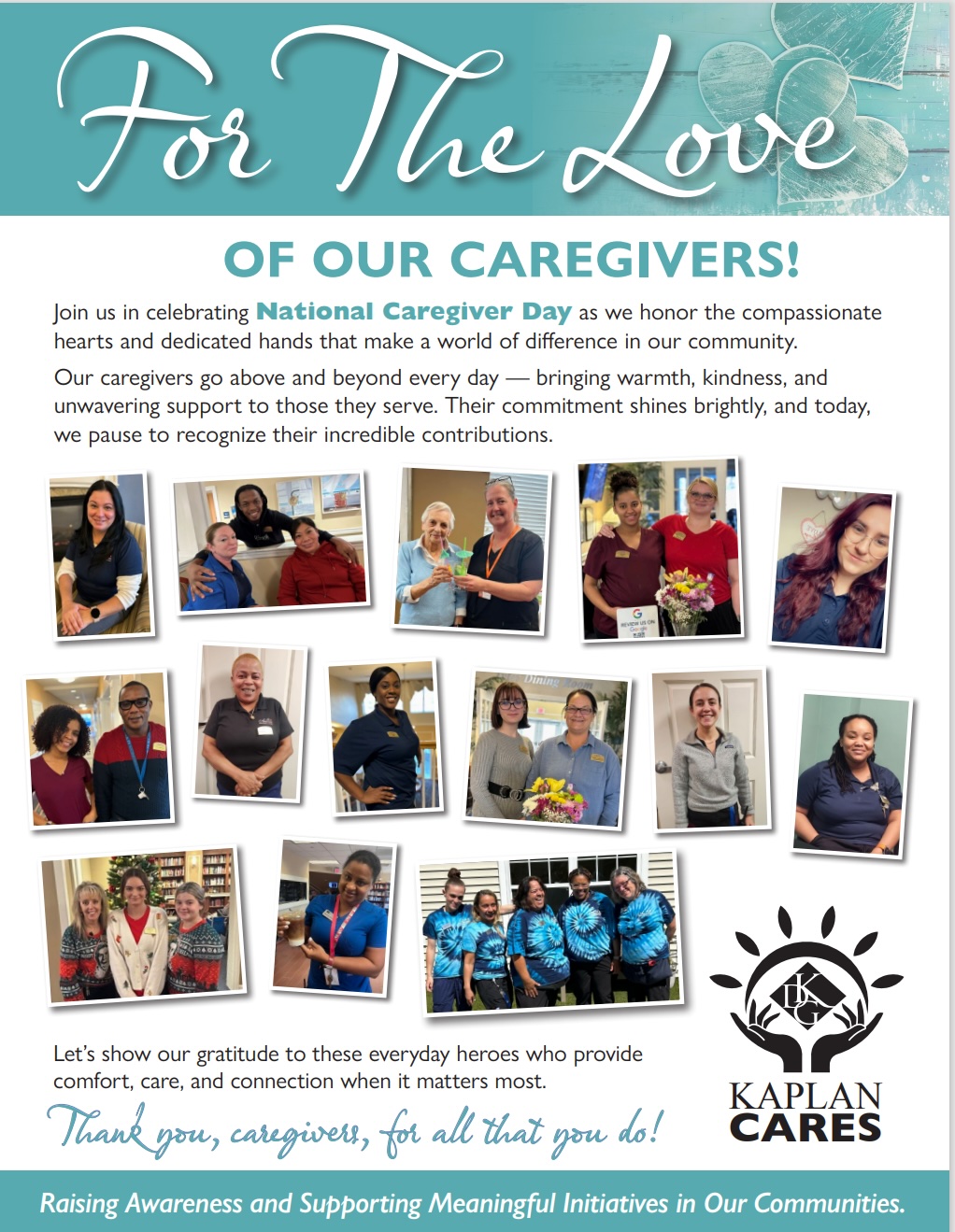Being a caregiver can be overwhelming, especially when you’re taking care of your parents. From doctor’s appointments to medications, the responsibilities can quickly pile up. Stress can quickly compromise quality of life, so it’s important to slow down if you’re dealing with burnout.
Caregiver burnout is a real challenge. It develops when the mental load of caregiving is too much for one person. However, learning to recognize it is the first step towards avoiding burnout in the future.
And with the help of a respite care community, you can effectively make burnout a thing of the past.
What Is Caregiver Burnout?
The mental load of caregiving involves more than physical tasks. It involves significant emotional and cognitive effort. From planning and decision-making to being on constant alert, it’s easy to feel overwhelmed by more than one person can reasonably handle.
Over time, this mental strain can contribute to caregiver burnout. It’s a state of emotional, physical, and mental exhaustion.
When you neglect your own needs for too long, you’re much more likely to feel burned out, leading to a range of symptoms affecting your everyday life.
How to Tell if You’re Dealing with Burnout
It’s not always easy to tell if you’re dealing with caregiver burnout, especially in the earliest stages. However, if left unaddressed, burnout can quickly spiral and worsen.
Watch out for signs such as:
- Constant fatigue, even after resting
- Increased irritability or frustration
- Feeling overwhelmed or trapped by responsibilities
- Losing interest in hobbies or activities you once enjoyed
- Difficulty making decisions or staying focused
- Physical symptoms like headaches, insomnia, or body aches
These all indicate that you’re taking on too much at once. Fortunately, you can make a few small changes to deal with burnout sooner rather than later.
How to Deal with Caregiver Burnout
Managing caregiver burnout starts with small, intentional steps. Addressing key challenges and seeking support is the first step towards lightening your mental load and improving your well-being.
1. Take Advantage of Respite Care
Respite care is an incredible option when burnout is involved. It’s a short-term lifestyle option offered by some senior living communities. It’s designed to provide family caregivers with temporary relief by stepping in to give you a break.
Whether for a few hours or a longer period, this service allows you the time to rest, recharge, and focus on your own needs. Respite care is a practical way to reclaim small chunks of time for yourself and prevent long-term emotional exhaustion.
2. Build a Network of Support
No caregiver should go it alone. Reaching out to family and friends can reduce feelings of isolation and resentment. Even small offers to help run errands or attend appointments can make a difference.
Don’t hesitate to ask for assistance when the demands of caregiving feel overwhelming.
3. Set Clear Boundaries
It’s crucial to set realistic limits on what you can and cannot do, even when it feels difficult to say “no.” Communicate openly with your parents and other family members about how they can help.
By managing expectations and creating boundaries, you can reduce the pressure that leads to emotional stress.
4. Prioritize Your Own Health
Caring for others starts with caring for yourself. Whether that means eating nutritious meals, exercising regularly, or spending time doing something you enjoy, these habits can help you manage stress and maintain your energy levels.
If you can, it helps to join a caregiver support group or explore mindfulness techniques to protect your mental health.

5. Explore Long-Term Care Options
If day-to-day demands feel too overwhelming, long-term care options can help. These services give your parent personalized support, taking the pressure off your daily caregiving demands so you can focus on being their advocate.
Long-term care options can be tailored to your needs, so you can step back and focus on yourself. Meanwhile, your loved one can enjoy all the benefits of life in their new community.
6. Plan Ahead Financially
Financial concerns are one of the largest stressors in family caregiving. If you’re unsure where to begin budgeting, contact a financial planner. They can help you prepare for expenses like healthcare, medications, and care services.
Proactive planning makes a big difference when it comes to senior care. It helps reduce uncertainty and creates peace of mind as you move forward.
7. Work Through Difficult Feelings
It’s natural to feel resentment, sadness, or guilt while navigating the challenges of caregiving. However, holding onto these emotions can worsen the mental load. Talking to a therapist or journaling your thoughts can help you process and manage feelings in a productive way.
Finding Balance as a Family Caregiver
Caring for aging parents can be a deeply rewarding experience, but that doesn’t mean it’s always easy. Caregiver burnout is a real problem, so if you notice the early symptoms, don’t ignore them. Instead, reach out to our team at Bentley Assisted Living at Branchville.
Here, we offer respite care services designed for situations like yours. We’re ready to step in so you can focus on yourself for a change. You and your loved one deserve care that supports comfort, convenience, and stability.
Contact our team today to learn how respite care can help—we’re here for you.





